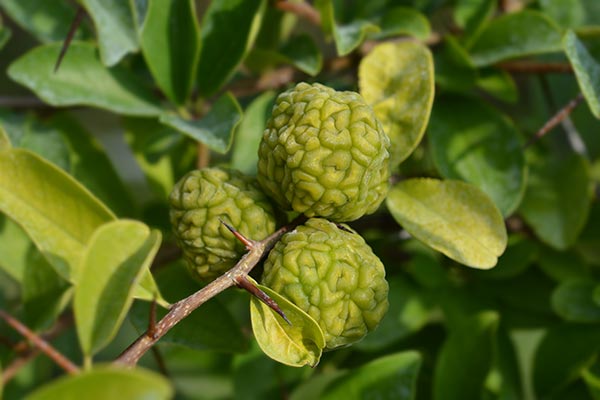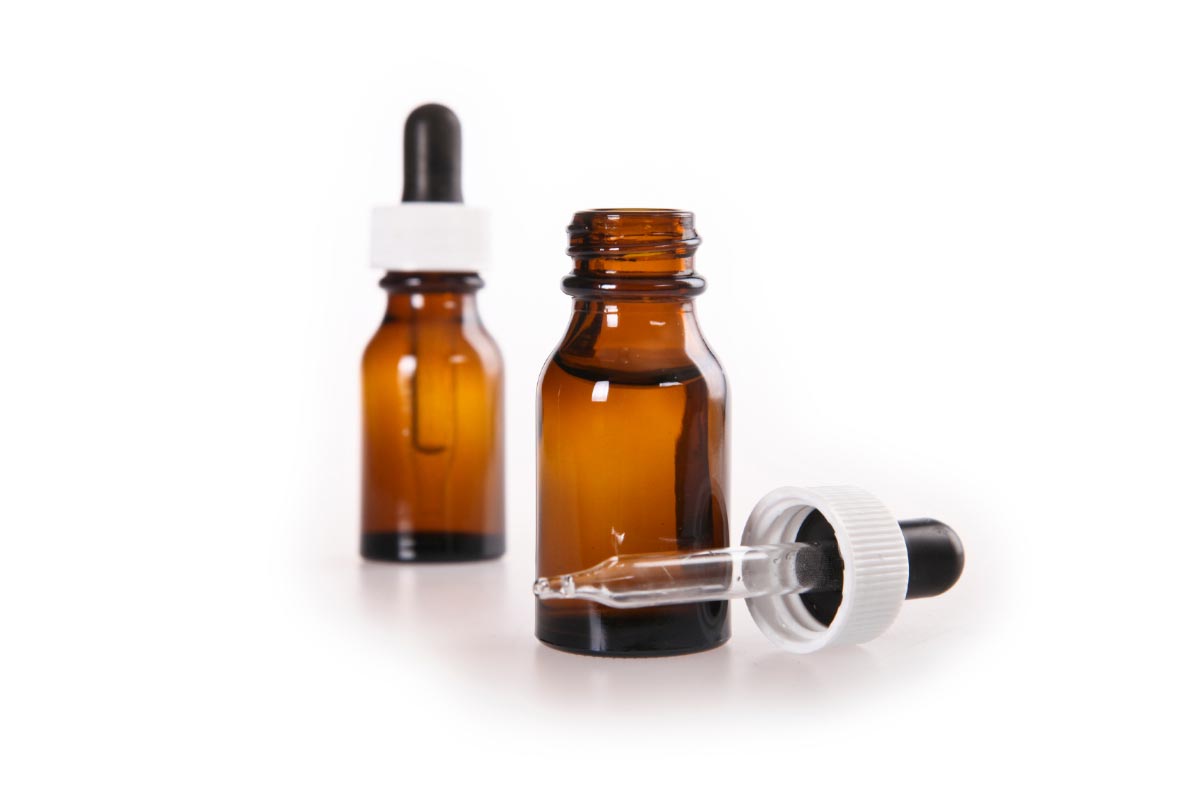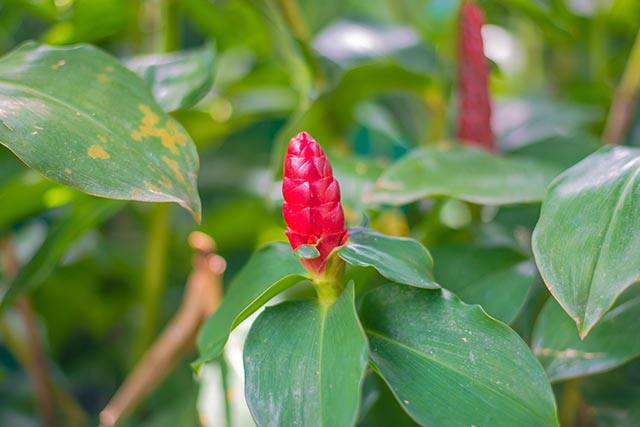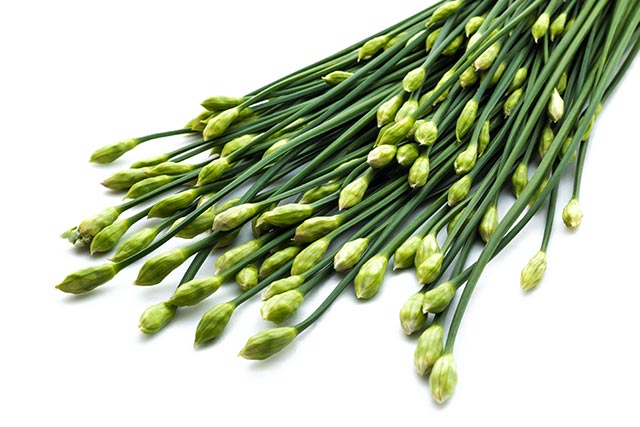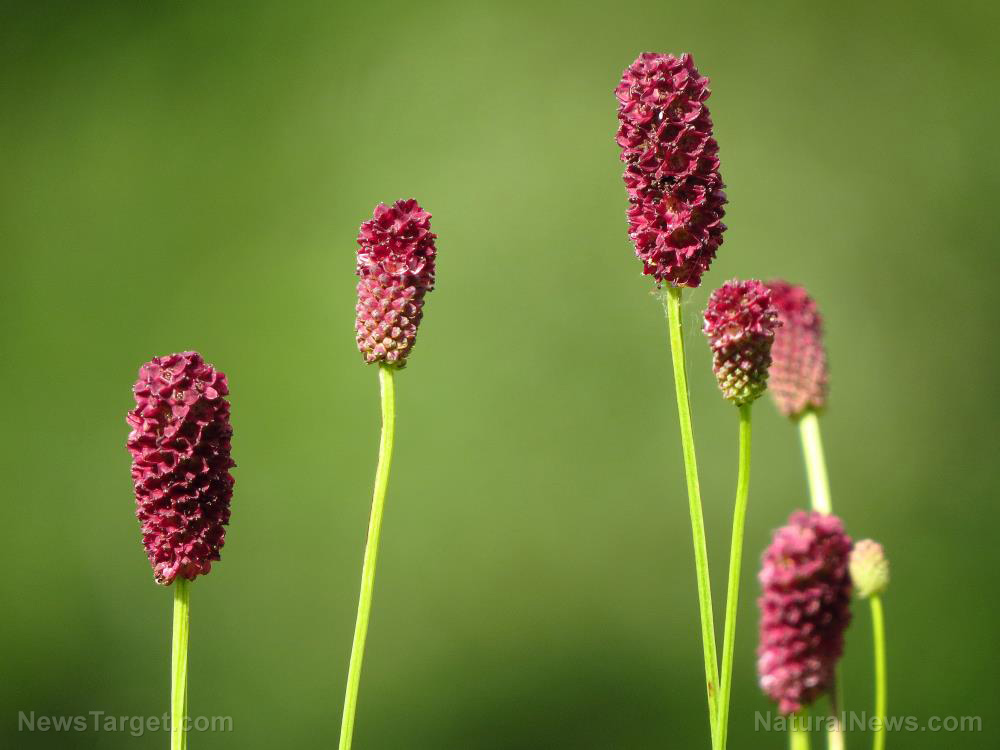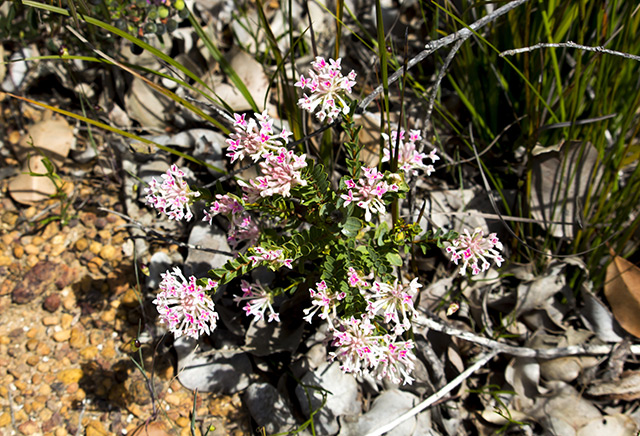Garden thyme essential oil’s antibacterial properties found to be useful in fighting childhood illnesses
07/25/2018 / By Frances Bloomfield

Second only to malaria, diarrhea is one of the most common childhood illnesses in the Republic of Cameroon. Treating this condition in rural areas usually means turning to plants. The utilization of various plants to remedy diarrhea in children has prompted a team of researchers to analyze the antibacterial qualities of the essential oils of nine different plants, then gauge their efficacy against certain strains of diarrhea.
The plants used in the study were:
- Blue gum eucalyptus (Eucalyptus globulus)
- Brazilian alfavaca (Ocimum canum)
- Citron (Citrus medica)
- Ethiopian pepper (Xylopia aethiopica)
- Garden thyme (Thymus vulgaris)
- Grapefruit (Citrus paradisi)
- Lemon grass (Cymbopogon citratus)
- Tangerine (Citrus reticulata)
- Ylang-Ylang (Cananga odorata)
Essential oils were extracted through steam distillation and evaporation. Prior to this, the researchers collected stool samples from 127 children below the age of five. Of these stool samples, 111 were from children with diarrhea. Almost 11 percent or 12 cases were found to have been caused by the bacteria Escherichia coli and Salmonella.
These bacterial strains served to test the antimicrobial capabilities of the essential oils, which the researchers evaluated through the absence or presence inhibition zones. They discovered that blue gum eucalyptus, lemongrass, and garden thyme had the most notable antimicrobial activity. Moreover, they found that essential oil combinations that made use of garden thyme were especially pronounced against different strains of Salmonella, namely S. typhimurium and S. paratyphimurium.
Compared to the other essential oils, garden thyme also had the strongest bacteriostatic effect and most potent inhibition activity. The researchers believe this to be the result of thymol, the main component of garden thyme and also the compound that accounts for almost half of its chemical composition (45.5 percent). Of thymol, the researchers wrote that it has “a good antibacterial activity against several strains.”
They added: “In fact, thymol interacts with cell membranes forming a complex with proteins by means of hydrogen bonds and hydrophobic interactions. It also impaires [sic] the citrate metabolic pathway and affects many enzymes directly or indirectly involved in synthesis of [adenosine triphosphate].” (Related: Drink a Cup of Thyme Tea Instead of Coffee and Promote Good Health.)
Equally effective at inhibiting bacteria was lemongrass, which the researchers noted greatly enhanced the bactericidal activities of essential oil combinations.
Thus, the researchers that concluded that garden thyme essential oil could be used as a potential drug against S. typhimurium, particularly, against the fever and diarrhea caused by this strain. “Instead of using Eucalyptus combinations, we could use Thymus combinations where [lemongrass essential oil] concentration is equal or more than that of thyme. [Garden thyme] combinations are more effective on Salmonella bacteria than those in [blue gum eucalyptus],” they stated then added: “However, this study suggests that [essential oils] and their combinations might be applied in aromatherapy as alternative to antibiotics during typhoid infection.”
Fast facts on garden thyme
- Previous studies have shown that thymol is effective at destroying harmful organisms. One such study found that thymol, used in combination with carvacrol and alpha-terpinene, could be utilized in the elimination of tiger mosquito larvae.
- Thyme oil has showed potential as a natural food preservative. Its efficacy has been observed even at low amounts, which have been tested against common, illness-causing foodborne bacteria like Staphylococcus.
Visit HealingArts.news to read up on other plants that have been looked into for their pharmacological capabilities and possible medicinal applications.
Sources include:
Tagged Under: alternative medicine, children's health, diarrhea, essential oil, garden thyme, healing therapy, herbal medicine, natural cures, Natural Treatments, plant cures, plant medicine, remedies
RECENT NEWS & ARTICLES
Herbs.News is a fact-based public education website published by Herbs News Features, LLC.
All content copyright © 2018 by Herbs News Features, LLC.
Contact Us with Tips or Corrections
All trademarks, registered trademarks and servicemarks mentioned on this site are the property of their respective owners.


